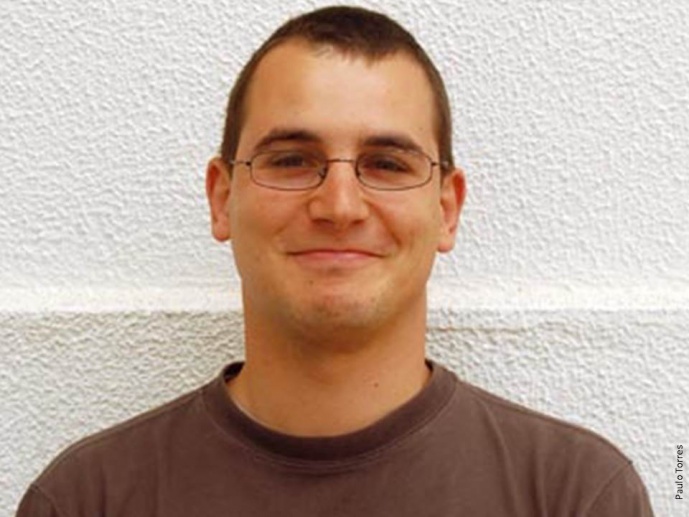Paulo Goncalves Miranda Agria Torres
Post-Doc Researcher
Throughout my academic and scientific path I develop my knowledge and sensitivity on the importance of marine biodiversity associated with the complexity of its sustainable management and the variety of marine ecosystems and resources that support it. I had the opportunity to participate in one international project funded by the European Union, PUMPSEA (Peri-urban mangrove forests as filters and potential phytoremediators of domestic sewage in East Africa), which addressed domestic pollution. More recently, I participated in project INSPECT "Exotic marine species introduced in Portuguese estuaries and coastal zones: patterns of distribution and abundance, vectors and potential of invasion", also linked with pollution and its biological consequences to marine ecosystems.
The last 5 years were mainly focused on my PhD and, more specifically, ecotoxicological studies linked to top predators (tunas, sharks and rays) of oceanic-based ecosystems and marin natural/anthropogenic pollution. Ecotoxicological baseline data on marine organisms in the MidAtlantic region is particularly important due to its volcanic nature, oceanographic constrains, transportation and dispersal patterns of contaminants and the potential increase in anthropogenic activity. As a result, one of the main contributions was unveiling the potential of elasmobranchs as efficient short and long term environmental bioindicators of marine pollution, according to species specific life-traits. The methodological approach also allowed a clearer definition of time and space, contributing for a better interpretation of pollutant pathways through oligotrophic oceanic-based food webs. The second main contribution was the study of the implications for human risk assessment of specific pollutants such as heavy metals and Polychlorinated Biphenyls (PCBs) in edible species (tunas, sharks and rays).
In the future, I expected to continue my work on ecotoxicology to understand pollutants uptake, detoxification and elimination pathways according to different species physiology and ecology in oceanic-based ecosystems. Also, the next logical step will be the development of biomarkers to monitor specific changes at a cellular level before they can severely affect organisms. I expect to focus on other types of pollutants, such as plastics given its importance, especially if one considers the North Atlantic Gyre which traps man-made marine debris in the area surrounding the Azores Archipelago. Taking into account the volcanic nature of the region, I also expect to have a positive contribution to the problem of ocean acidification through the study of CO2 underwater vents.
